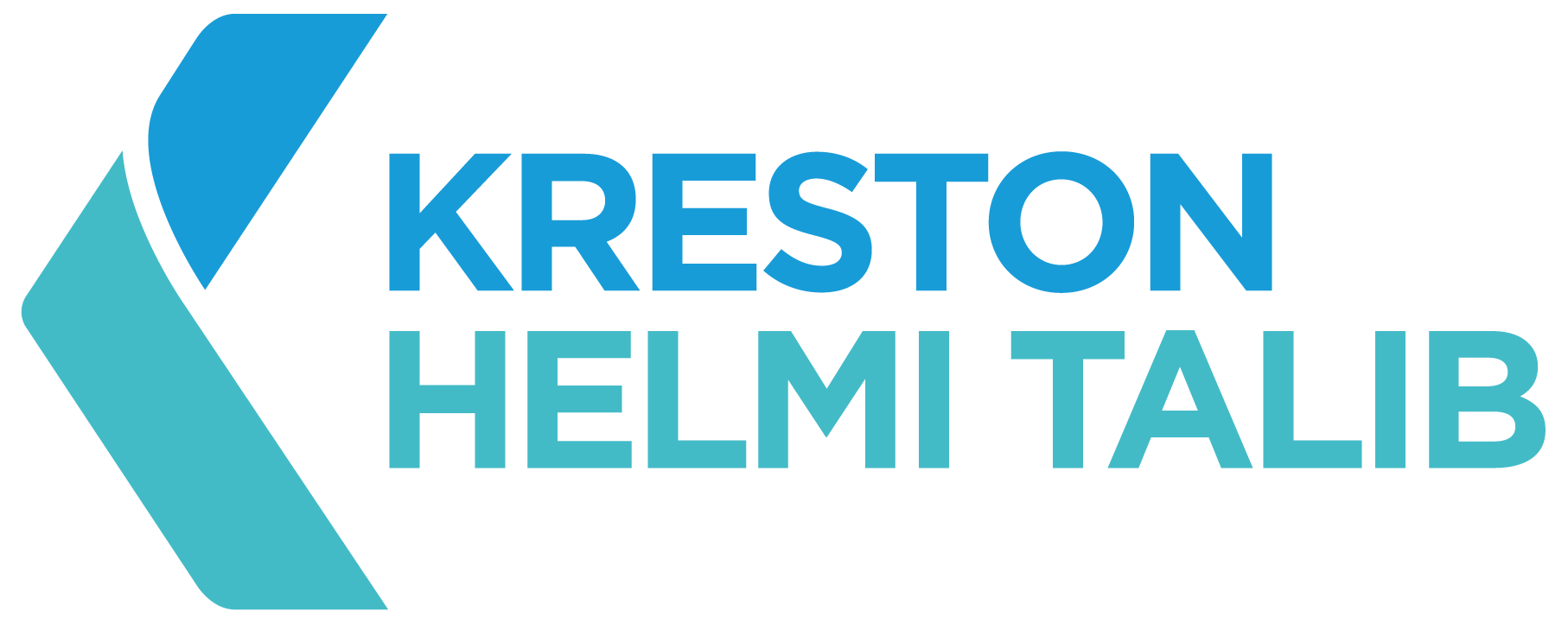As the world advances into a technologically connected global village, countries are constantly looking to expand their presence with the right infrastructure to catch up with the latest developments and innovative ideas that are up for grabs.
In recent times, financial technology has been making headlines. Companies engaged in this field include both start-ups and established financial institutions who are trying to replace or enhance the usage of financial services using digital platforms.
With over 1,000+ fintech firm, Singapore is quickly establishing itself to be the leading nation in this industry along with being the region’s top financial hub. This article will briefly discuss the essentials that are required to start a Fintech company in Singapore, including incentives and schemes provided by the government to get a head start in your business.
Fintech business registration is straightforward and can be done in the same way as other business types viaBizFile+. You will also need to register your business with the Accounting and Corporate Regulatory Authority (ACRA).
With the aim of encouraging entrepreneurs to engage in FinTech experimentation so that promising innovation can be tested in the market and have a chance for wider adoption in Singapore and abroad, the Monetary Authority of Singapore introduced the Fintech Regulatory Sandbox in 2016.
This programme enables financial institutions and FinTech players to experiment with innovative financial products or services in a live environment but within a well-defined space and duration.
The Sandbox entity can proceed to test innovative ideas and experiment on projects under relaxed legal requirements (which would otherwise have been subjected to regulations by MAS) for the duration of the sandbox.
The sandbox will include appropriate safeguards to contain the consequences of failure and maintain the overall safety and soundness of the financial system.
Upon successful experimentation and on exiting the sandbox, the sandbox entity must fully comply with the relevant legal and regulatory requirements.
To encourage innovation in Fintech, the Singapore government has introduced supportive schemes as listed below-
- Covid-19 Support Package for FinTech
MAS has announced a $125 Million support package for the financial and fintech sectors to help our workers, enhance operational readiness and resilience, accelerate digitalization and boost capabilities across the sectors.
In addition to this, a $ 6 Million MAS-SFA-AMTD Fintech Solidarity Grant has also been announced to allow Singapore-based Fintech firm to retain their employees and give them the support to continue with their innovative ideas that will create opportunities for growth.
For more details, click here.
- Financial Sector Technology and Innovation Scheme (FSTI Scheme)
The FSTI scheme aims to create a vibrant ecosystem conducive for innovation using two main programmes: Innovation Centre and Institution-level Projects. This scheme is valid till 2023.
Innovation Centre track seeks to attract financial institutions to set up innovation centres of excellence or labs in Singapore to test-bed innovative ideas and roll out market solutions. To be eligible to apply for this scheme, applicants should be a financial institution, or a corporate entity involved in either establishing, expanding or relocating an identified innovation function to Singapore.
The Institution-level Project track is aimed at advancing the competitiveness among financial institutions by encouraging them to catalyse innovative ideas and market solutions. This scheme is open to all Singapore-based financial institutions, market or professional organisations or associations.
Apart from these there are several other grants and schemes that Fintech companies can make use of and they
include –
- Startup SG Accelerator scheme
- Startup SG Tech program
- Capabilities Development Grant
- Startup SG Founder program
All materials have been prepared for general information purposes only. The information presented in this document is not legal advice, is not to be acted on as such, may not be current and is subject to change without notice. Professional advisory should be sought before taking or refraining from any action as a result of the contents of this document.
